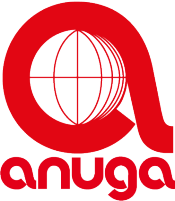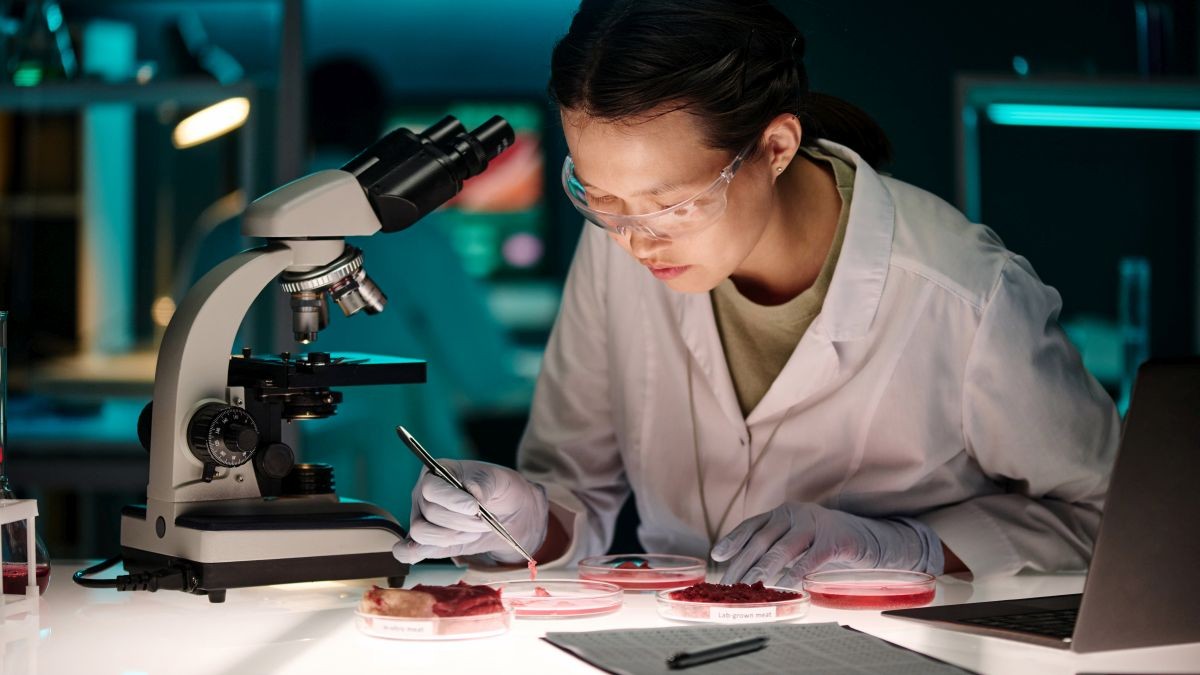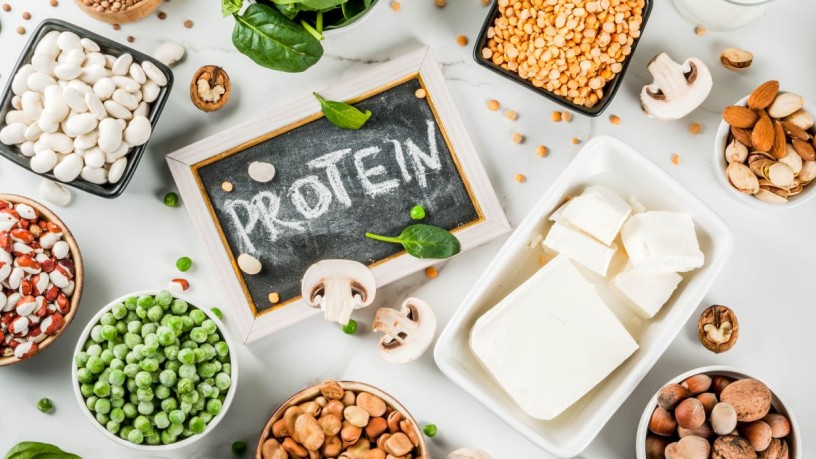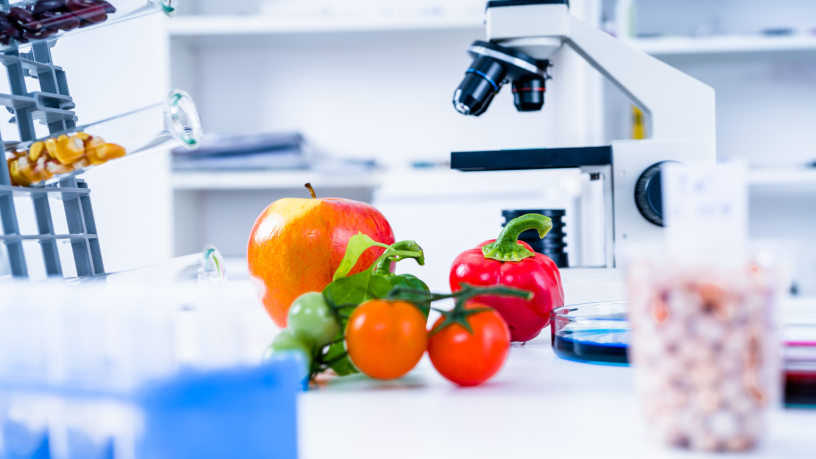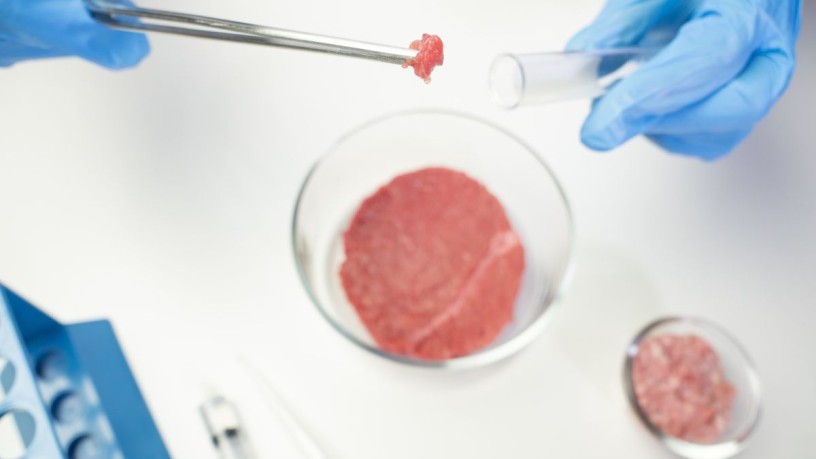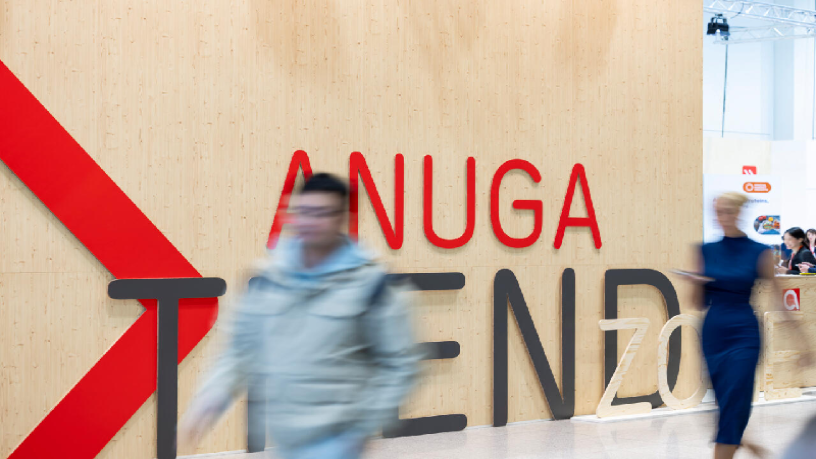South Korea to establish a national cultivated meat facility
1. What do you see as the main driver behind South Korea’s decision to establish a national cultivated meat centre?
The major driver behind the founding of the national Cell Culture Food Tech Research Support Center is the anticipated commercialisation of cultivated meat within the next three years. As we approach this shift, the need for large-scale production testbeds to bridge the gap between R&D and market entry has become increasingly evident.
To support this transition, the government has laid a solid foundation for an industrial ecosystem. Early efforts focused on identifying and nurturing promising technologies and start-ups, while over the past five years, inter-ministerial collaboration has refined the regulatory framework and advanced industry-support policies.
A major milestone in this process has been the designating of regulation-free zones, which has created more flexible conditions for active R&D. The new centre will be located within one of these zones and is expected to contribute to the development of Korea’s future food regulatory framework. Following a comprehensive assessment of the regulatory progress, infrastructure readiness and market potential, the government concluded that now is the strategically optimal time to launch this initiative.
2. Why was Uiseong County selected as the location for this facility, and what are the expected benefits for the region?
The region is attracting increased interest from companies and witnessing a tangible revitalisation of its local economy. Looking ahead, Uiseong is expected to play a central role in policy initiatives and in advancing infrastructure development for the cultivated food industry.
3. The centre is designed to support the entire innovation pipeline, from product development to regulatory approval. How will it help companies navigate these stages?
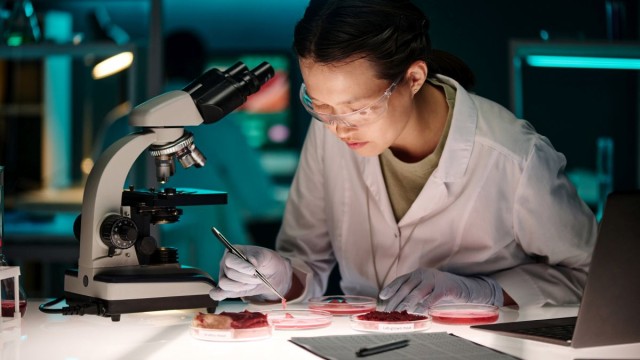
Through an integrated support framework, we aim to effectively facilitate companies’ entry into the commercialisation phase. To this end, the centre has been designed to provide structured support throughout the entire development process – from early-stage research to regulatory approval. We are already implementing a range of targeted programmes designed to meet the specific needs of companies at every stage in the innovation pipeline. These include research funding for early-stage studies, financial assistance for prototype development and funding for safety validation. Given that toxicological data is a mandatory requirement in Korea, we also collaborate with certified safety assessment institutions in order to provide expert guidance on study design, and we cover the associated testing costs.
In addition, we have set up a collaborative task force formed of legal experts – including law firms and regulatory consultants – the relevant departments within the Ministry of Food and Drug Safety, and individual cultivated food companies. This enables tailored regulatory road maps to be developed in line with each company’s specific needs and commercialisation strategy.
Once the centre is fully operational, we will expand our support to include pilot-scale research using large-volume bioreactors, as well as specialised training programmes for technical employees. These initiatives will further strengthen the platform for commercialisation and sustainable industrial development.
4. What technological or scientific focus areas will the Food Tech Research Support Center prioritise?
The Food Tech Research Support Center – a new facility slated for completion within three years – will specialise in large-scale bioprocessing and product development. Equipped with bioreactors with a capacity of up to 1,000 litres, the centre will support research into scaling up production processes. It will also facilitate the development of structured meat prototypes and support the comprehensive analysis of product composition, flavour and texture.
Parallel to this, Uiseong is already home to the Cell Culture Research Support Center, which is currently in operation and focuses on basic research.
It supports work on cell line development and cell cultivation techniques as well as facilitating explorations of various biobased materials. This centre also houses a dedicated cell bank and cell culture laboratories, which serve as an entry point for initiating early-stage cellular agriculture research.
5. How is AI or robotics being integrated into cultivated meat R&D within the centre?
AI-driven in silico technologies are being actively integrated into the cultivated meat R&D process, with a particular focus on identifying materials suitable for cell cultivation. This integrated focus is currently led by the research institute in Uiseong, which uses AI to efficiently screen and predict growth factors and develop functional additives for use in culture media. These tools have proven especially valuable in accelerating the discovery of key components for optimised cell growth.
Once complete, the Food Tech Research Support Center will be equipped with dedicated servers and computational tools to support systematic digital research. In addition, specialised training programmes will be offered to researchers and industry professionals in order to promote the practical application of AI-based methodologies in cultivated food development.
Anuga presents its new trade show Anuga Alternatives
From algae and insect protein, mushroom-based protein, through to cell-cultivated meat - with Anuga Alternatives Anuga is emphasising its commitment to an innovative and sustainable supply of food in line with the top theme 'Sustainable Growth'.
6. Eleven companies have already expressed interest in joining the centre. Are they primarily start-ups, university spin-offs or established players?
The companies that have expressed interest in joining the centre are primarily start-ups in the cultivated meat sector, along with companies specialising in related materials technologies. A significant number of them are university spin-offs or research-driven enterprises closely affiliated with Yeungnam University’s Cell Culture Research Institute.
One of the institute’s special features is that it functions as a satellite branch of this university – which is one of South Korea’s leading higher education institutions – with recognised expertise in cellular agriculture, thus enabling it to foster strong links between academic research and industrial applications.
To support the long-term settlement of these companies and their commercialisation, Uiseong offers a range of administrative and logistical support services, including housing support and visa consulting services.
7. Are there any international partnerships or plans to collaborate with global food tech organisations?
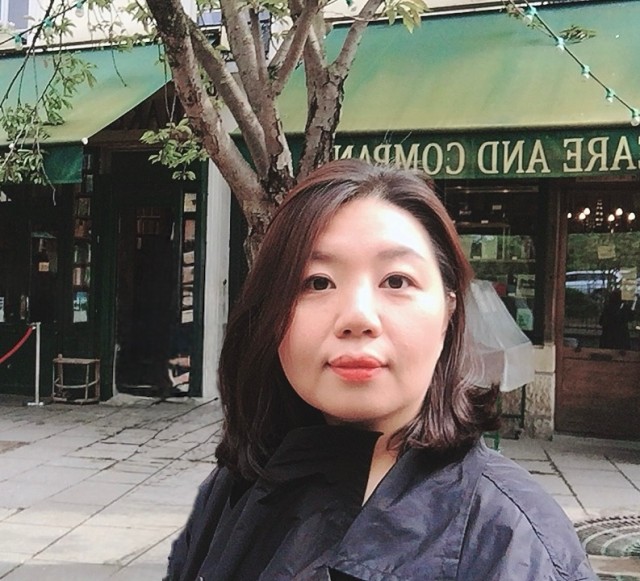
In conversation with us: Kim Eun-Mi, Director at the Medical Convergence Textile Centre at Gyeongbuk TechnoPark
We are actively pursuing international collaborations with leading global organisations in the food technology sector, and several strategic partnerships have already been launched.
South Korea regularly engages with the Good Food Institute (GFI), a globally recognised non-profit dedicated to advancing alternative proteins. We are a member of GFI’s observer network and have established channels for ongoing technical exchanges. In addition, we are closely examining the potential establishment of a GFI branch in Korea, which would further strengthen bilateral cooperation.
What’s more, we engage in a policy dialogue and joint exchange activities with the Government of Singapore, which has allowed us to present Korea’s regulatory sandbox for cultivated foods and explore opportunities for regulatory alignment and the development of a shared strategic vision. We have also formalised a memorandum of understanding with the Asia-Pacific Society for Cellular Agriculture (APAC-SCA), which is headquartered in Singapore, to promote regional collaboration.
Looking ahead, we are preparing to launch new international joint research initiatives aimed at addressing the global climate crisis and advancing sustainable innovation in the food system. These efforts reflect our commitment to positioning cultivated food technologies as a meaningful solution to pressing environmental and food security challenges across the world.
8. How is cultivated meat perceived by the public audience in Korea today? And what role does public education and consumer outreach play in driving acceptance?
The public perception of cultivated meat in Korea currently reflects both curiosity and concern, particularly regarding product safety. We are responding to this by making caution and scientific rigour the basis for our approach to consumer awareness. Fundamental to this effort is the ongoing refinement of the products themselves. Ensuring and communicating safety is essential, but the unique nutritional advantages of cultivated meat also need to be highlighted. We see strong potential for cultivated meat to serve as an optimal option for specific populations who have to follow a selective diet for health reasons – such as the elderly, individuals with chronic conditions and those with food allergies.
In Korea, scientific studies on safety, including toxicology and allergenicity assessments, are actively under way, and recent findings have been encouraging. We believe that a science-based approach that emphasises the early-stage benefits of cultivated meat will be key to creating a trusted market that aligns with the high expectations of Korean consumers.
9. What is the current status of regulatory approval for cultivated meat in South Korea, and when do you expect the first product to reach the market?
South Korea is currently aiming for cultivated food products to be commercialised within the next three years, and regulatory frameworks and technological infrastructure are being rapidly developed to support this goal.
While the exact market launch date is difficult to predict, looking at global trends over the past decade – particularly the acceleration in commercialisation over the last three years –growing momentum in this field is clearly visible.
Korea is also seeing rapid progress in the technological maturity of domestic companies, regulatory readiness across relevant ministries, and scientific research on safety, including toxicology, nutrition, and allergenicity. Our project is aligned with these domestic and international developments, and we are committed to accelerating the establishment of a validation framework that supports regulatory approval and product commercialisation.
10. What role can South Korea play in accelerating the global transition to cultivated meat?
South Korea is expected to play a significant role in establishing global safety standards for the cultivated meat industry.
Korea’s legal system is based on civil law and operates under a “positive list” approach –unlike the US – which reflects the country’s emphasis on public trust in food safety. Under this system, only pre-approved ingredients are permitted in cultivated food products, which ensures both regulatory clarity and preventive safety management.
Beyond its legal structure, compared to countries with similar systems, Korea has demonstrated rapid progress in areas such as technological advancement, regulatory refinement and industrial policy development. Notably, Korea has conducted several world-first safety studies – including single- and repeated-dose toxicity, genotoxicity, allergenicity, and maximum intake level assessments – which have been officially published as part of national research projects.
These science-based achievements are expected to significantly further the establishment of future international standards and to strengthen the overall safety and credibility of the cultivated meat industry.
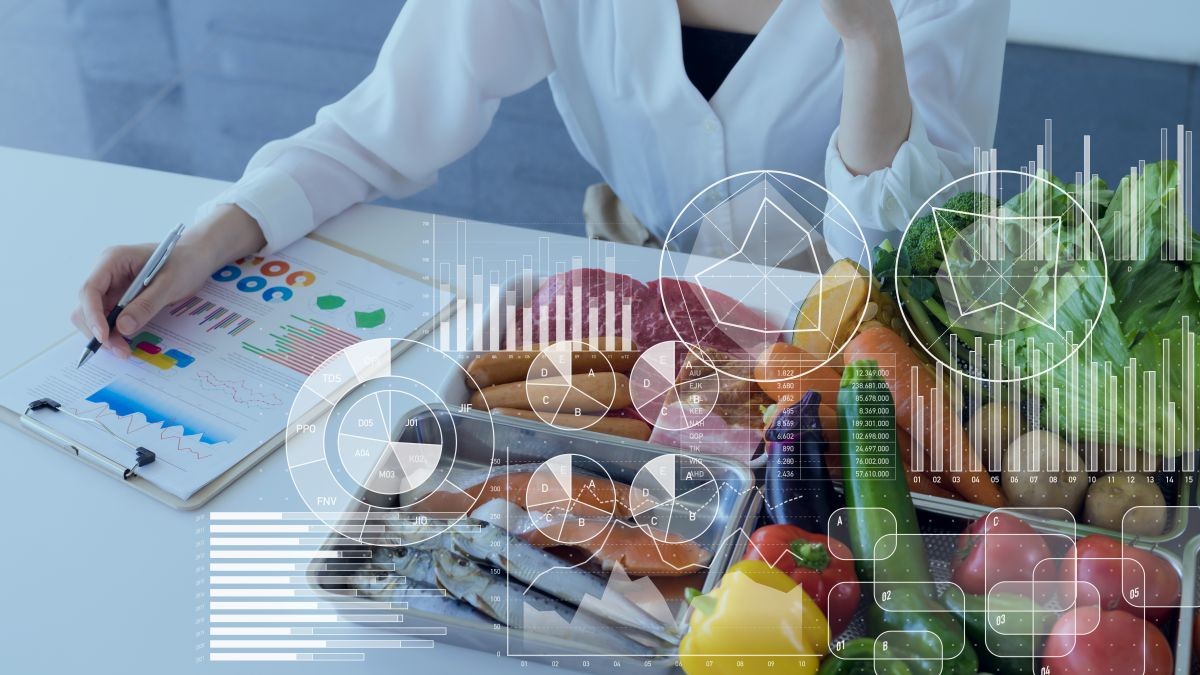
11. Do you see South Korea emerging as a regional hub for future food innovation in Asia?
We believe that South Korea has strong potential to emerge as a global hub for future food innovation – not only due to its technological and safety capabilities, but also thanks to the global influence of K-food.
Until now, the cultivated meat industry has been largely technology-driven. However, like any other segment of the food market, becoming a driving force in the industry will ultimately depend on consumer acceptance.
As a central pillar of K-culture, Korean food has considerable global cultural influence. With its strong reputation for safety and quality, as well as its national brand value, Korea is well positioned to play a leading role in the development, commercialisation and global adoption of cultivated and next-generation food products.
With this cultural foundation and its technological strength, South Korea is well positioned to become a key driver of both the commercialisation and consumer adoption of future foods worldwide.
Thank you for the interview!
